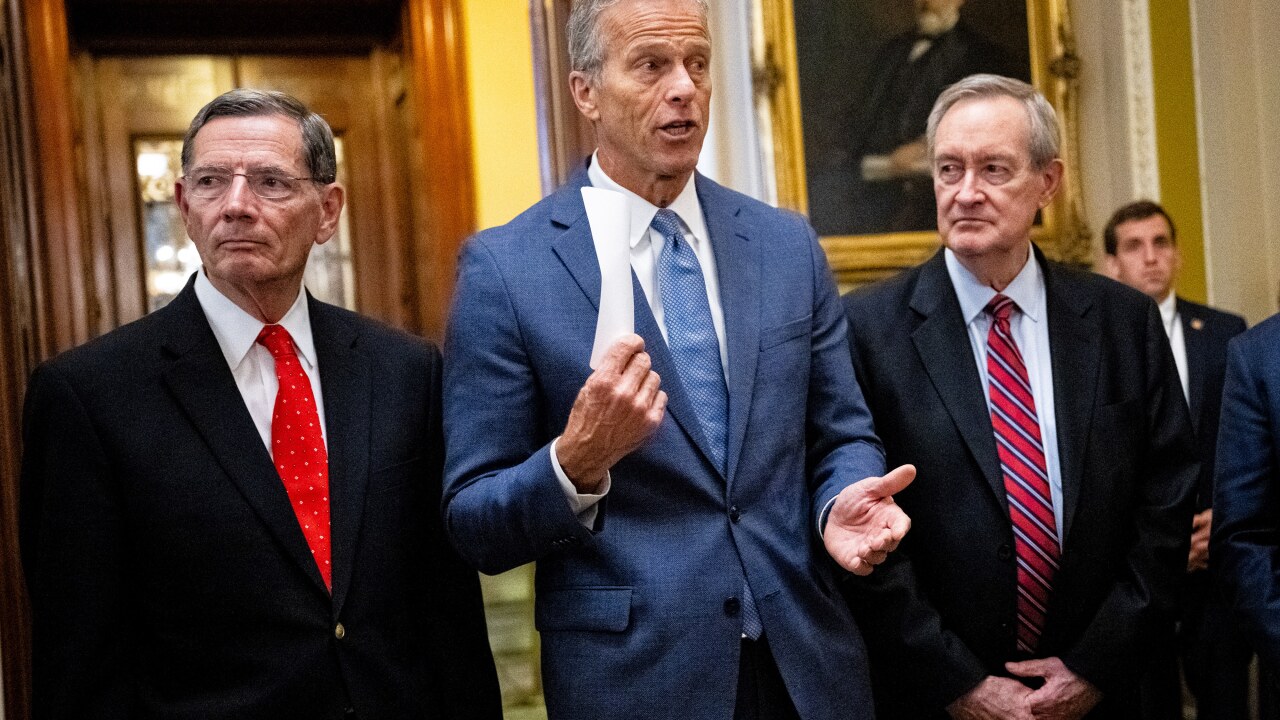New analysis shows credit union executives are seeing pay increases far above the inflation rate. And one analyst is cautioning that credit union boards need to be prepared to pay even more to retain and recruit executive-level management.
Driving the trend is the long-awaited exodus of Baby Boomers from the management ranks as they retire. That issue, along with ensuring the clear independence of the board from the CEO, were two chief findings in CUES' 2005 Executive Compensation Survey, according to Charles Carlson of Survey Research Associates, who conducts the survey on behalf of the trade association.
There were, of course, some of the same trends that have been going on for several years now: CU CEO pay is rising faster than CEO pay in a variety of sectors, but CU CEOs are still paid significantly less than their banking brethren.
But the real issues brought up by the annual salary survey are some of the outside forces that will be making an impact on board decisions as they hire and pay CEOs, he suggested.
"This is a mature group we're looking at," Carlson observed. "Many of them are Baby Boomers, just like me. We are on the precipice of significant talent drain as the Boomers retire. It's going to be an enormous number of people going out of the market."
And if boards are hoping that perhaps replacing an aging Boomer CEO with a younger CEO could mean a cost savings, think again, Carlson advised.
"It's an issue of supply and demand. There will be fewer qualified people to choose from, and when the supply is less, that usually means having to pay more," he explained.
As a result, boards will not only be looking to hire the best people, they'll be concentrating on retaining them, as well. "I think we're going to see more emphasis put on long-term incentive programs, creative insurance programs," Carlson predicted. "Credit unions don't have stock options and other things that banks can offer, so they're going to have to get creative with this."
It's something credit unions have been experimenting with for a while, as evidenced by the continued growth in bonus and incentive pay. CUs of all sizes are looking at ways to enhance compensation through non-base pay alternatives-with larger CUs leading the pack-and indeed, it is in this very area where CU CEO salaries most lag behind their bank counterparts.
According to Carlson, credit union base pay for executives is rapidly catching up to the base pay offered at comparable banks, but the bonus, incentive and at-risk pay opportunities at banks are far greater than among CUs.
As credit union board CEOs seek to entice and retain quality CEOs, one thing they will need to be careful about is clearly establishing the board's independence from the CEO in determining the CEO's salary, Carlson offered, pointing to a new section of this year's survey in which board independence issues are studied.
"We want to remind directors that there really is a major change in the way people are doing business today," he related. "You look at the Disney case, where an executive got a lot of money to leave just 14 months after he was hired, and the stockholders were outraged. It was determined that what was done was legal, but there is a greater scrutiny being applied to boards of directors. Credit union directors need to be able to show, in some measurable, definitive way, that there is some distance between the board and the CEO, that the board is getting its own counsel, is seeking good information the outside and making these decisions at arm's length from the CEO."
"Good management practice is good management practice, whether it's required of you or not," Carlson continued. "Credit union boards are better off doing this on a voluntary basis instead of having it imposed on them through legislation later."





